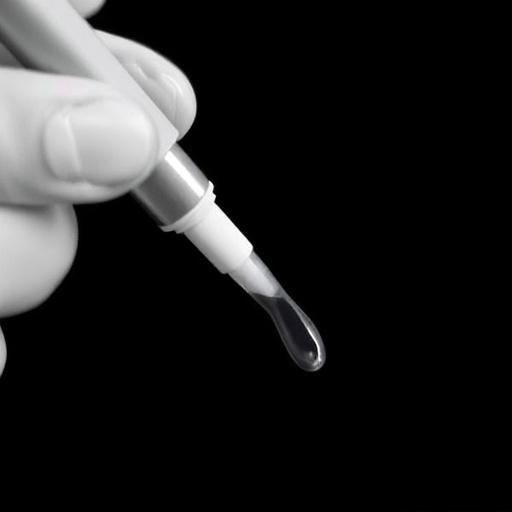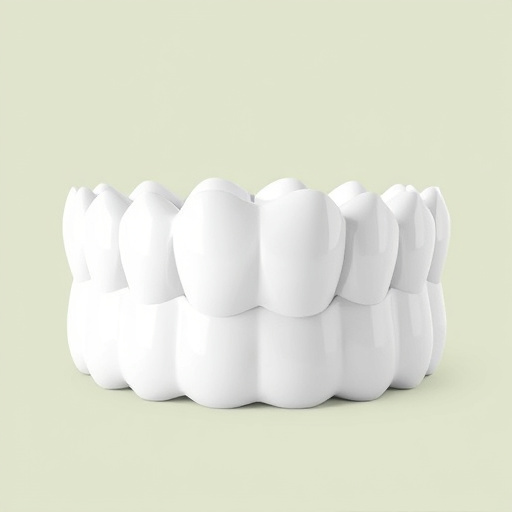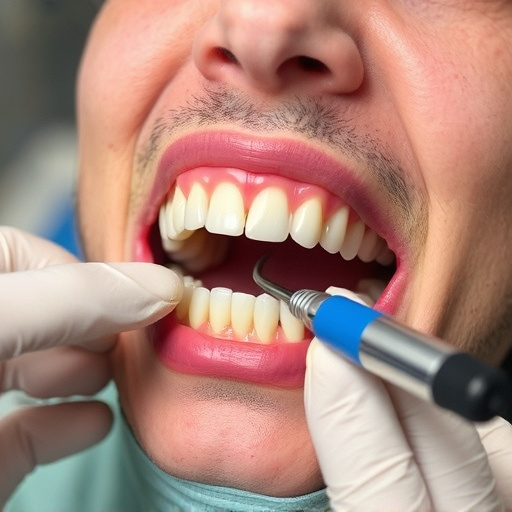Dental sealants for teeth create a protective barrier against bacteria and food particles, preventing plaque buildup and cavities, especially in back teeth. Non-invasive and suitable for all ages, they offer long-lasting protection, promoting good oral hygiene habits and cost-effective care compared to restorative procedures.
Dental sealants for teeth are an effective preventive measure against future cavities. This article delves into the science behind these protective barriers, explaining how they prevent decay by sealing off vulnerable areas of the tooth. We’ll explore the benefits and longevity of dental sealants, making a compelling case for why considering this procedure can significantly improve oral health.
- Understanding Dental Sealants: A Protective Barrier
- How Sealants Prevent Cavities: The Science Behind It
- Benefits and Longevity: Why They're Worth Considering
Understanding Dental Sealants: A Protective Barrier

Dental sealants for teeth are a highly effective preventive measure that creates a protective barrier against bacteria and food particles. These thin, durable coatings are applied to the chewing surfaces of back teeth, where cavities tend to start due to deep grooves and pits. By sealing these areas, dental sealants prevent plaque buildup and the onset of tooth decay. This is particularly beneficial for children, as it can spare them from the pain and expense associated with cavity treatments like fillings or crowns later on.
In addition to their role in preventing cavities, regular dental cleanings and routine oral exams are crucial components of maintaining oral health alongside dental sealants. During these visits, dentists can remove any accumulated plaque or tartar that sealants cannot reach. Moreover, clear aligners or other orthodontic treatments can complement sealants by addressing bite issues that may contribute to cavity formation, ensuring a more comprehensive approach to oral care.
How Sealants Prevent Cavities: The Science Behind It

Dental sealants for teeth are a highly effective preventive measure against cavities, offering a protective layer over the chewing surfaces of back teeth. The science behind their success lies in blocking the tiny pits and crevices where bacteria can accumulate and produce acids that erode tooth enamel. By sealing these areas, dental sealants create an impenetrable barrier, preventing food debris and plaque from settling on the tooth’s surface.
This protective coating, typically made of a durable plastic material, adheres strongly to the tooth’s enamel. Its smooth surface hinders the adherence of bacteria, significantly reducing the risk of cavity formation. This is especially crucial for areas hard to reach with a toothbrush, like molars and premolars, which are often at higher risk of developing cavities due to their complex anatomy. Unlike cosmetic fillings or restorative dentistry procedures, sealants are non-invasive and painless, making them an excellent option for both children and adults looking to safeguard their oral health.
Benefits and Longevity: Why They're Worth Considering

Dental sealants for teeth offer a range of benefits that make them a valuable investment in your oral health—and they’re not just for kids! This preventative measure, often recommended by general dentistry professionals, acts as a protective barrier against cavities, especially in areas prone to plaque buildup. By applying a thin coating to the chewing surfaces of back teeth, dental sealants create a smooth, glossy surface that prevents food particles and bacteria from settling in.
One of the key advantages is their longevity. When properly applied and maintained, these sealants can last for several years, providing continuous protection against cavities. This makes them a cost-effective solution, especially when considering the potential savings on restorative dentistry procedures like fillings or crowns that might be needed to treat cavities later on. Additionally, sealants are an excellent way to promote good oral hygiene practices from an early age, setting individuals up for a lifetime of healthy teeth and gums.
Dental sealants for teeth have proven to be an effective, long-lasting solution in preventing future cavities. By acting as a protective barrier, these sealants prevent plaque and bacteria from settling on the tooth surface, thus reducing the risk of decay. The science behind their effectiveness is clear, making them a valuable consideration for maintaining oral health over time. Incorporating dental sealants into your routine care can offer significant benefits, ensuring a healthier smile for years to come.














